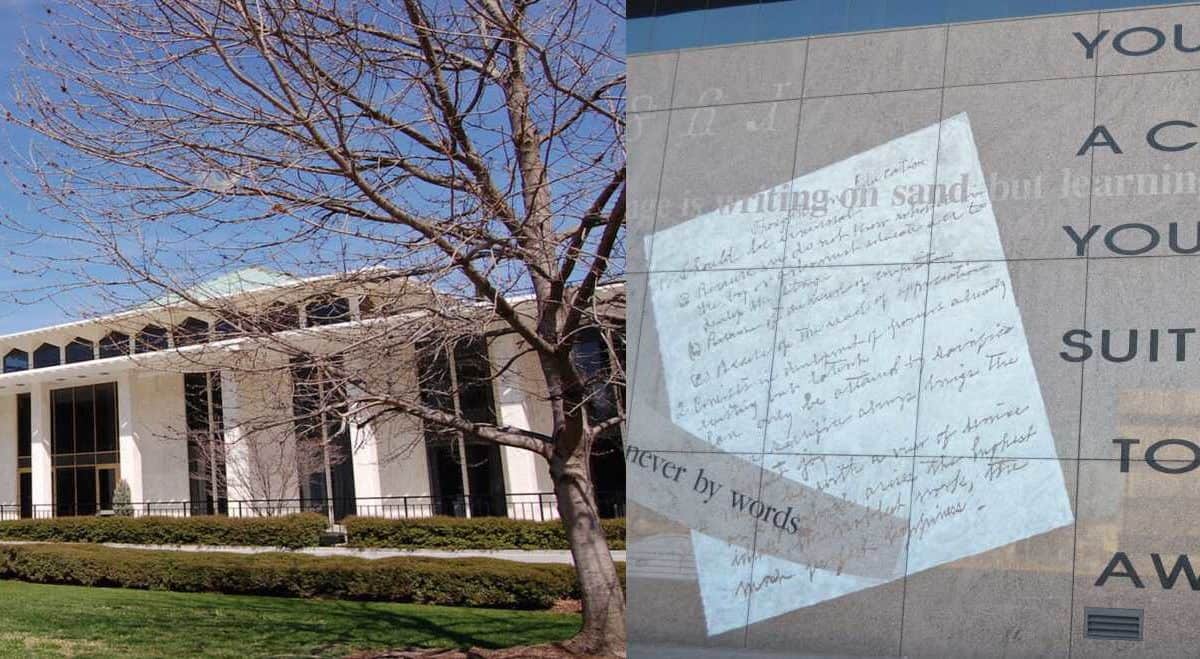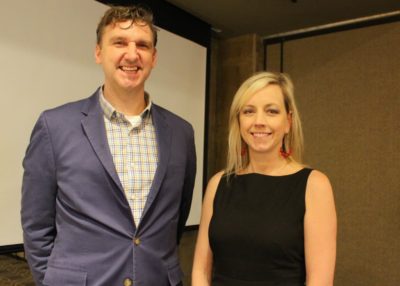

North Carolina is spending more than $37 million this year to subsidize the tuition that families of 9,640 students pay to private and parochial schools. Now, the Republican majorities in the state House and Senate have advanced legislation to spend more and expand use of private school vouchers.
Even though the General Assembly has approved automatic annual increases in voucher funding, the state has actually left millions of dollars unspent. In the appropriations bill adopted last Friday, the House designated several uses for “unexpended Opportunity Scholarship Funds.’’ On Wednesday, the Senate passed a bill to lift the income eligibility requirement for vouchers.
By coincidence, on the same day the Senate acted, a coalition of Louisiana news organizations released a months-long study of that state’s voucher program that bears similarities to North Carolina’s. Louisiana adopted its private-school vouchers in 2012, a year before the North Carolina legislature acted.
“The nearly 6,900 students who’ve left public schools have instead been placed into a system with numerous failing private schools that receive little oversight,” the news organizations reported, in a lengthy article posted on the website of The Times-Picayune in New Orleans.
To be sure, North Carolina and Louisiana have distinct differences in culture and schooling. As a state with a large Roman Catholic population, Louisiana has long had an extensive parochial school system that thrived even before vouchers. Also, in the wake of Hurricane Katrina, the public schools in New Orleans have been converted into an all-charter system.
Still, as in North Carolina, Louisiana gives grades of A through F to its public schools. Both states adopted voucher programs that provided subsidies to lower-income families. And, as in North Carolina, Louisiana requires relatively meager public disclosure of data by which to assess the quality of education offered to students subsidized by public funding.
The news organizations crunched available data to determine what grades private and parochial schools would receive based on the test scores of their voucher-subsidized students. Their examination may not be a definitive academic study, but it is in keeping with the watchdog role of American journalism. Here are some quotations from the report:
- “Two-thirds of all students in the voucher system attended schools where they performed at a ‘D’ or ‘F’ level last school year.”
- “Not a single school in the voucher program received an A or B. Three received a C. Of the remaining schools, 19 got a D and 15 got an F, based on the Louisiana Department of Education rating system.”
- “In some cases, students left ‘C’ public schools to attend private schools with ‘D’ and ‘F’ ratings.”
The core question raised by the Louisiana news organizations’ findings apply to North Carolina: How is it a prudent or effective educational solution to use tax revenue to facilitate students moving from public schools to private schools with educational outcomes no better and perhaps even worse?
In North Carolina, young people have a constitutional right to a sound, basic education, but the legislature has done next to nothing to make data available to parents and taxpayers to assess education quality in private schools with voucher-subsidized students.
In North Carolina, Louisiana, and indeed across the country, private and parochial schools have contributed to educational diversity, choice and advancement — and some in their idealism raise money to offer lower-income families access. But it serves no public purpose to subsidize private schools, especially those so frail and faulty as to contribute little to advancing an educated citizenry.
In today’s America, public school systems and public charter schools have combined to offer parents and students wider choices than ever. And it falls to elected stewards of tax revenue to strengthen public schools as institutions that undergird communities and promote the common good.


